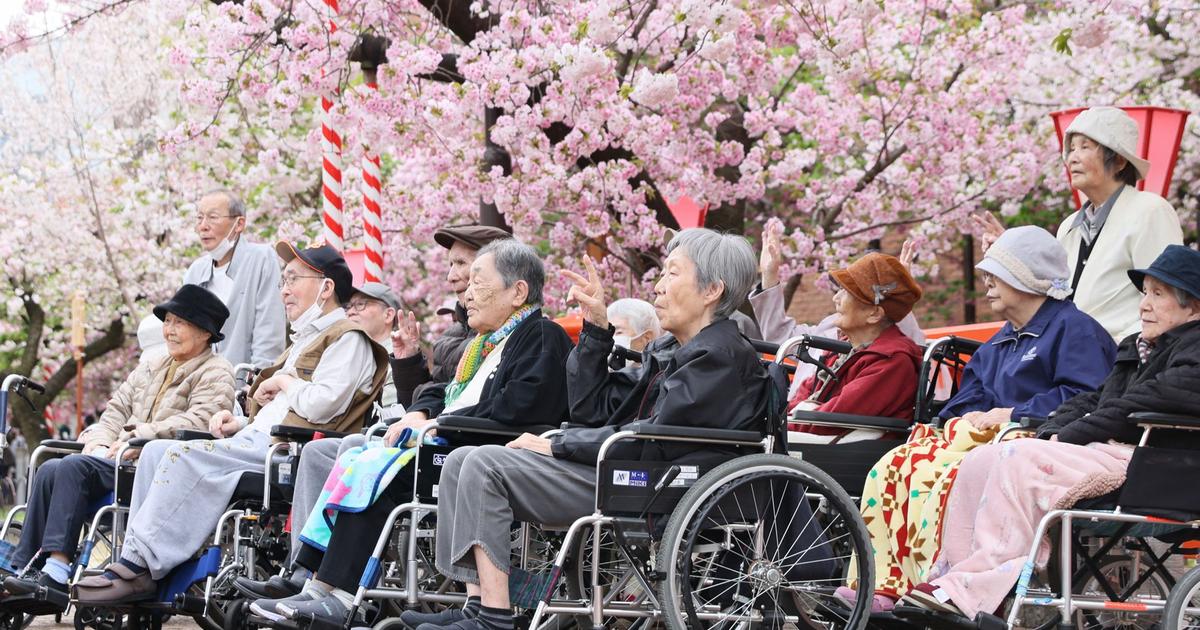Tokyo is like the Caribbean, but without wind, synthesized, with a great sense for the formula, the North American Carl Lewis, who 30 years ago broke the world record of the 100m in the final of the Tokyo World Cup, 9.86s, and He was referring to the fact that the weather in the Japanese capital, its suffocating heat, humidity, the absence of wind, were ideal for speed, and also the charge of electrical particles, the black skies and the inevitable smell of storm that, at noon 30 degrees, according to the track thermometer, 97% humidity and low clouds, according to the official results sheet, turn on the best sprinters on the new track of the new Tokyo National Stadium.
And some are contrary to Lewis.
It is not Tokyo, they tell him, this is Mexico 68, where the lighter air of the height and the premiere of the tartan track brought with them an avalanche of records between 100m and 400m, and in jumps.
And they point to the results sheet for the morning, the empty stadium, the calm that surrounds them and the latest generation shoes that all sprinters wear, and with which they run as on scooters.
More information
Athletics records closer to being broken in Tokyo: schedule not to miss any
Six of the women are under 11s. One, the Ivorian Marie-Josee Ta Lou, drops so much that she reaches 10.78s, a mark with which she would have been first or second in all the Games in history. It equals the African record and does so with the wind against it (-0.3 m / s). The Jamaicans Elaine Thompson (current Olympic champion) and Shelly Ann Fraser (the queen of speed in Beijing and London) go
jogging
, or it is the impression they offer, they do not seem to make an effort, but they finish their hectometer in 10.82s and 10.84s, respectively. They are rockets powered by atomic energy, or something similar,
rocket women,
that begin to break marks without mercy. And they are not newcomers, but already veterans who have found themselves approaching 30 or already passing them (Shelly Ann is already 34, Ta Lou at 32 and Thompson, 29) with the best marks of their fast lives. Not two months ago, Fraser ran the 100m in 10.63s in Kingston, the second best mark in history, just 14 hundredths from Florence Griffith's impossible world record, the 10.49s that after the Tokyo storm no longer seem so impossible.
They are the series. They are ahead, on Saturday, the semifinal and the final, and you can even think that they calculate, but they go so fast that it seems that they use quantum computers, like the two Swiss, the veteran Mujinga Kambundji (10.95s) and the most young Alija del Ponte (10.91s), who in a matter of minutes equaled and beat the Confederation record. And an English girl, Daryll Neita, in the Ta Lou series, reaches 10.96s.
Ta Lou showed genuine surprise for a time that, she said, was not expected. "I'm still in shock," he said. "I don't know how I could run so fast." But his reaction was not the one that most interested the US press corps, which only asked, and was answered by walls of silence, that what would happen if his absent cry, his new groundbreaking sprinter, Sha'Carri Richardson (10.72s in April), for whom a positive for cannabis has removed the role that history had reserved for her, that of becoming the first American to win an Olympic final since Gail Devers in Atlanta 96, 25 years ago now (and discounting Marion Jones , dispossessed of her Sydney 2000 gold by doping).
If the heat accelerates at speed, and suffocates the long distance runners of the 10,000 meters, Selemon Barega is happy about the storm unleashed in the sky of the Stadium. The clouds are showering and soaking, allowing the makers of Tokyo's synthetic runway to congratulate themselves on its great drainage capacity. The humidity creates a suffocating environment when, on lap 25 and last of the great long distance race, the Ethiopian Barega, used to always losing, attacks a still large squad on the counter-correct line after the train tactic of the big favorites, the Ugandans, who have world glory, and time trial records, but not the Olympic record of the Ethiopians.
Barega, 21, attacked at 300m, known for his slowness and perseverance to go from defeat to defeat until final victory, and neither the big favorite, Joshua Cheptegei, 24, and world champion in Doha, and with the electronic hares of Valencia left the world record of the 10,000m in a crazy 26m 11s last October, after having left in Monaco, in August, the 5,000m in 12m 35.36s, nor his compatriot Jacob Kiplimo, of 20 years, they managed to catch up with him. And he won (27m 43.22s) Barega, from the dynasty of the greats, returned the throne of 10,000 to his Ethiopia after the two Games, London and Rio, by Mo Farah, British. He was moved, and said: “What an honor to win in the city where Abebe Bikila won the Olympic marathon; what an honor to win in the test made by my elders, Haile Gebrselassie and Kenenisa Bekele ”.
The Spanish Carlos Mayo, who will double with the 5,000m, endured in the group of the best until the last 1,000 meters.
He finished 13th (28m 4.71s).
Testosterone isn't everything
She is in the mixed zone Francine Niyonsaba excited and happy, her long white dreadlocks flying to the rhythm of her head movements, and she tells how testosterone is not everything.
She, explains the athlete from Burundi, one of the best athletes in the world, was banned from running the 800m because, say the heads of the international federation, her high natural testosterone level offers her an unfair advantage over the others.
And it has gone to 5,000m, where, they say, testosterone does not paint anything, and there it is before everyone, classified for the Olympic final after finishing its semifinal fifth.
One of the journalists, then, points to the television screen with the classifications in which they have just indicated their disqualification for breaking technical rule 17.3.2, which prohibits stepping on the inside of the track in curves to travel fewer meters than those marked by the rope.
The emotion turns into rage on the face of the athlete who, desperate and alone, seeks a way to complain against what she sees as an injustice committed against her, because she does not want to think of something worse.
If her claim is unsuccessful, Niyonsaba will not be in the final on Monday, in which the Dutch Sifan Hassan will continue on her way to a grueling treble, that of victory in the 5,000m, 10,000m and 1,500m.
Subscribe here
to our special newsletter about the Tokyo Games

/cloudfront-eu-central-1.images.arcpublishing.com/prisa/LWNJTV46L3TXRTXU4EXJIBWVJE.jpg)











/cloudfront-eu-central-1.images.arcpublishing.com/prisa/S7UVDTX7DREC7DXVCZN6MEKGBY.jpg)

